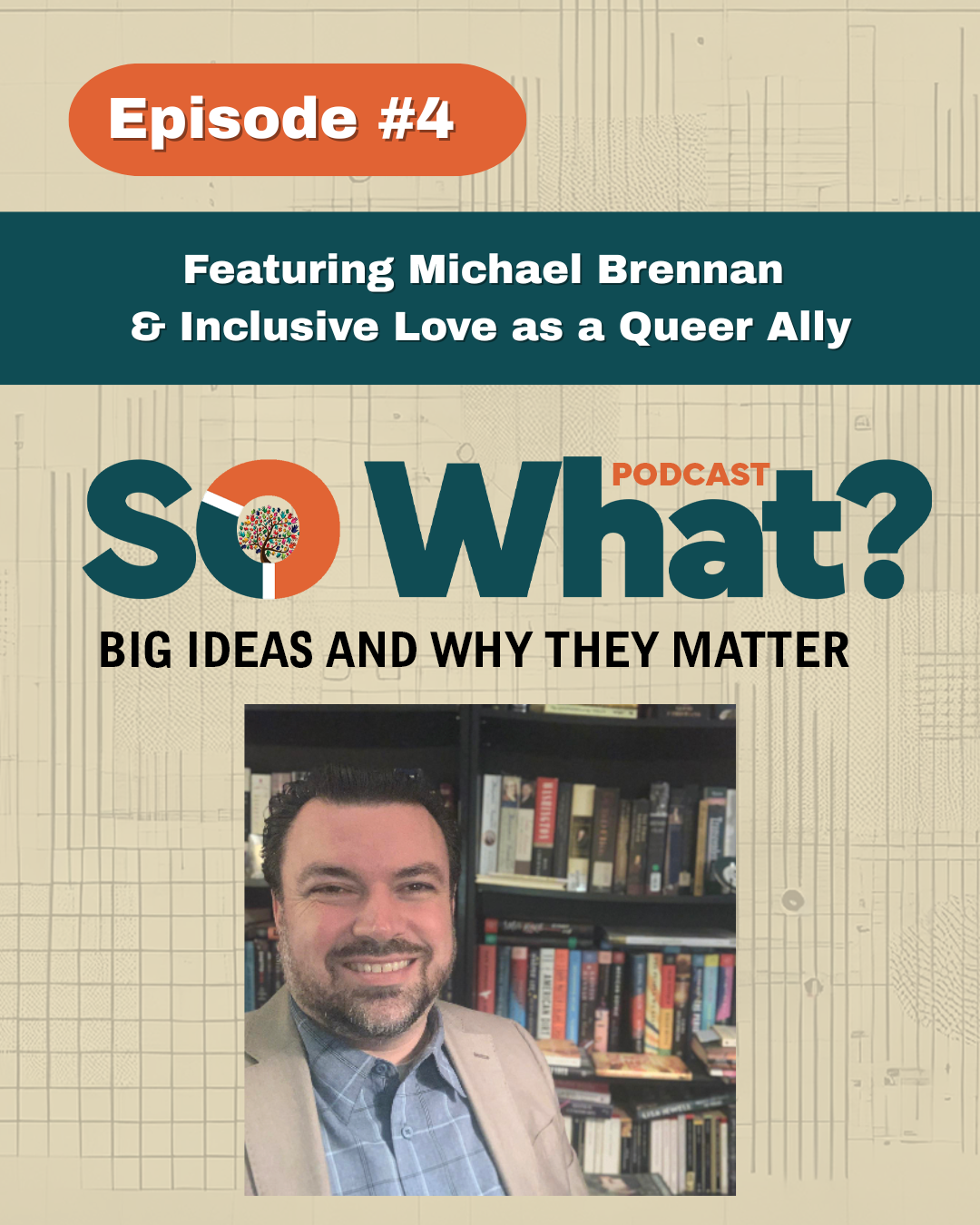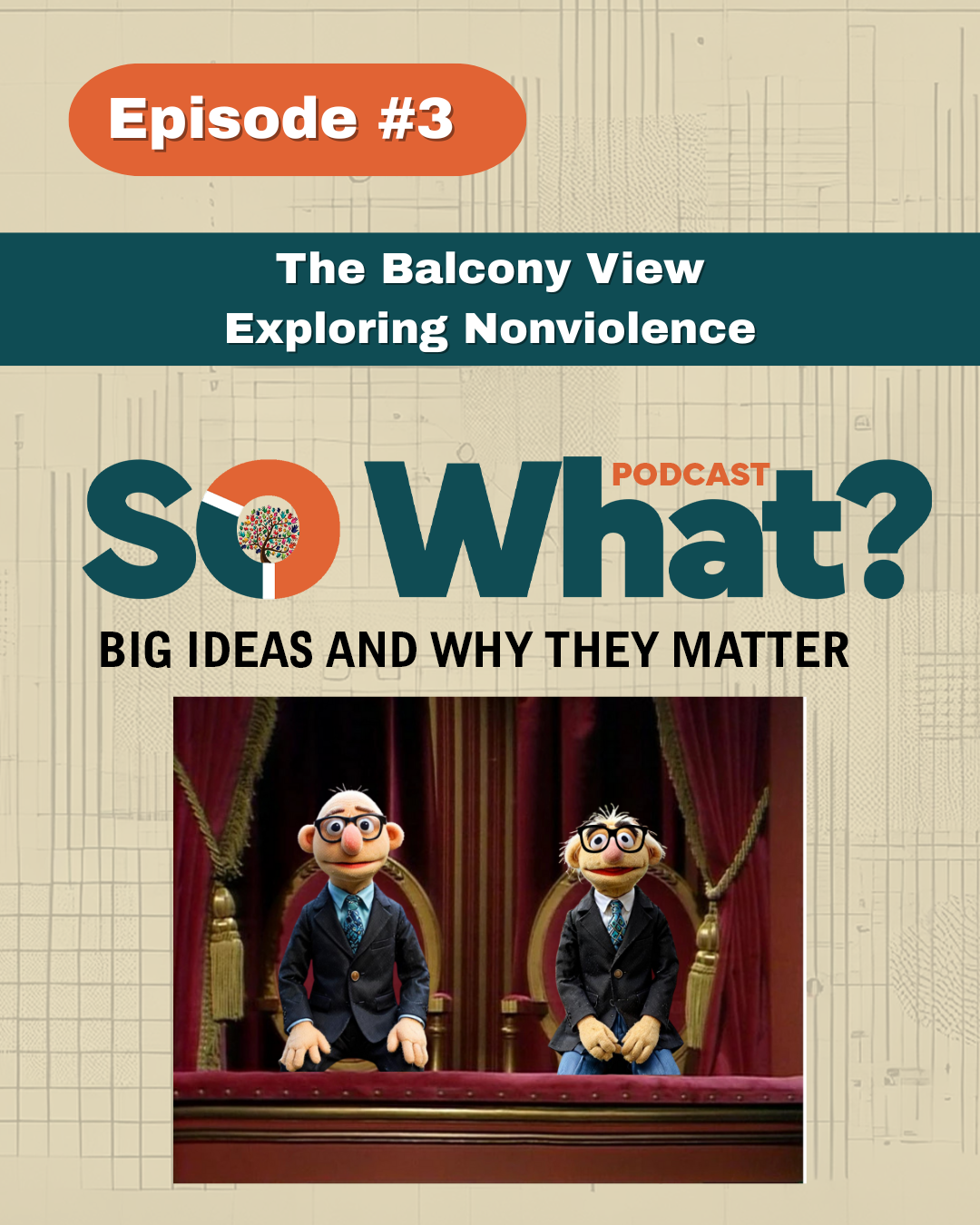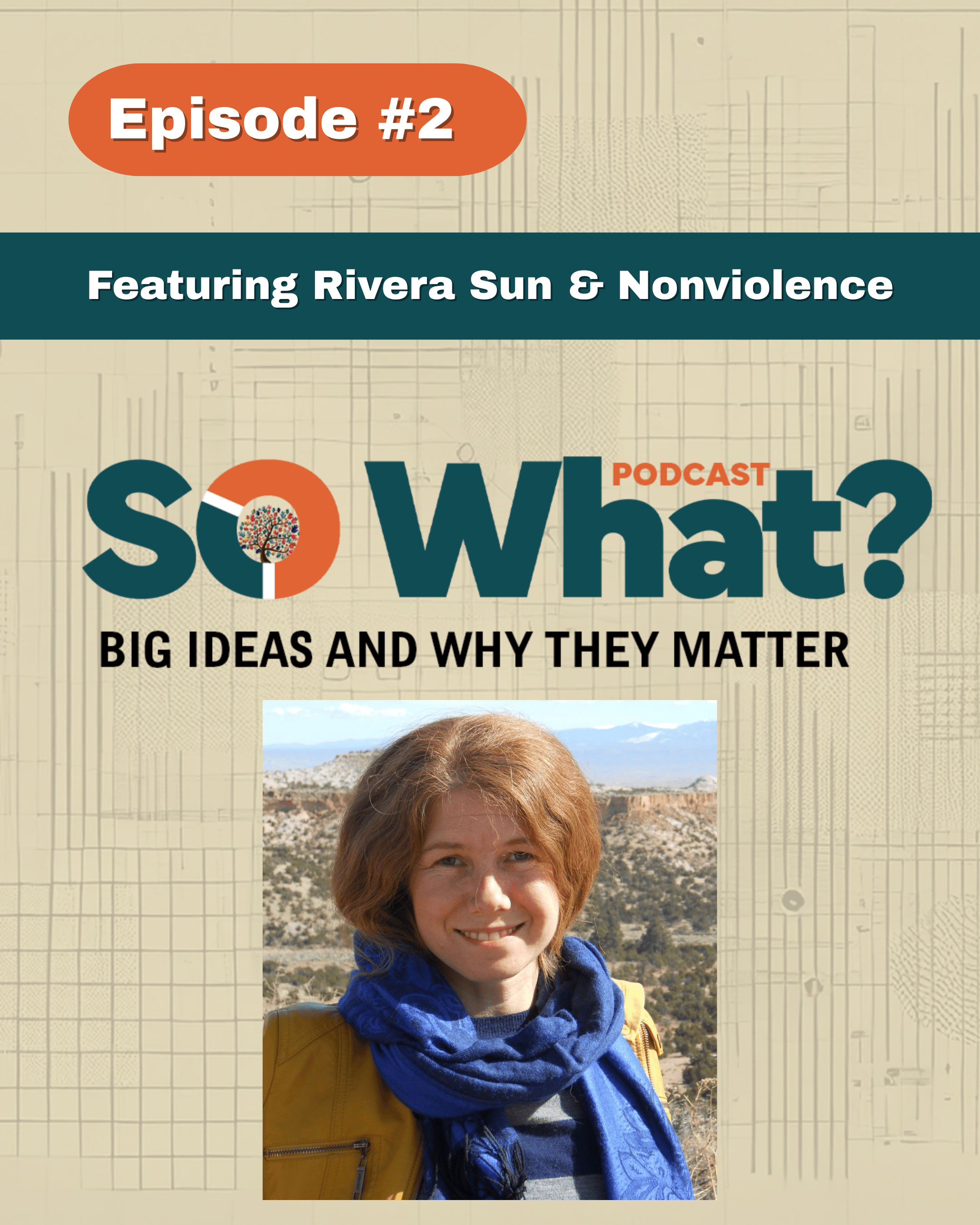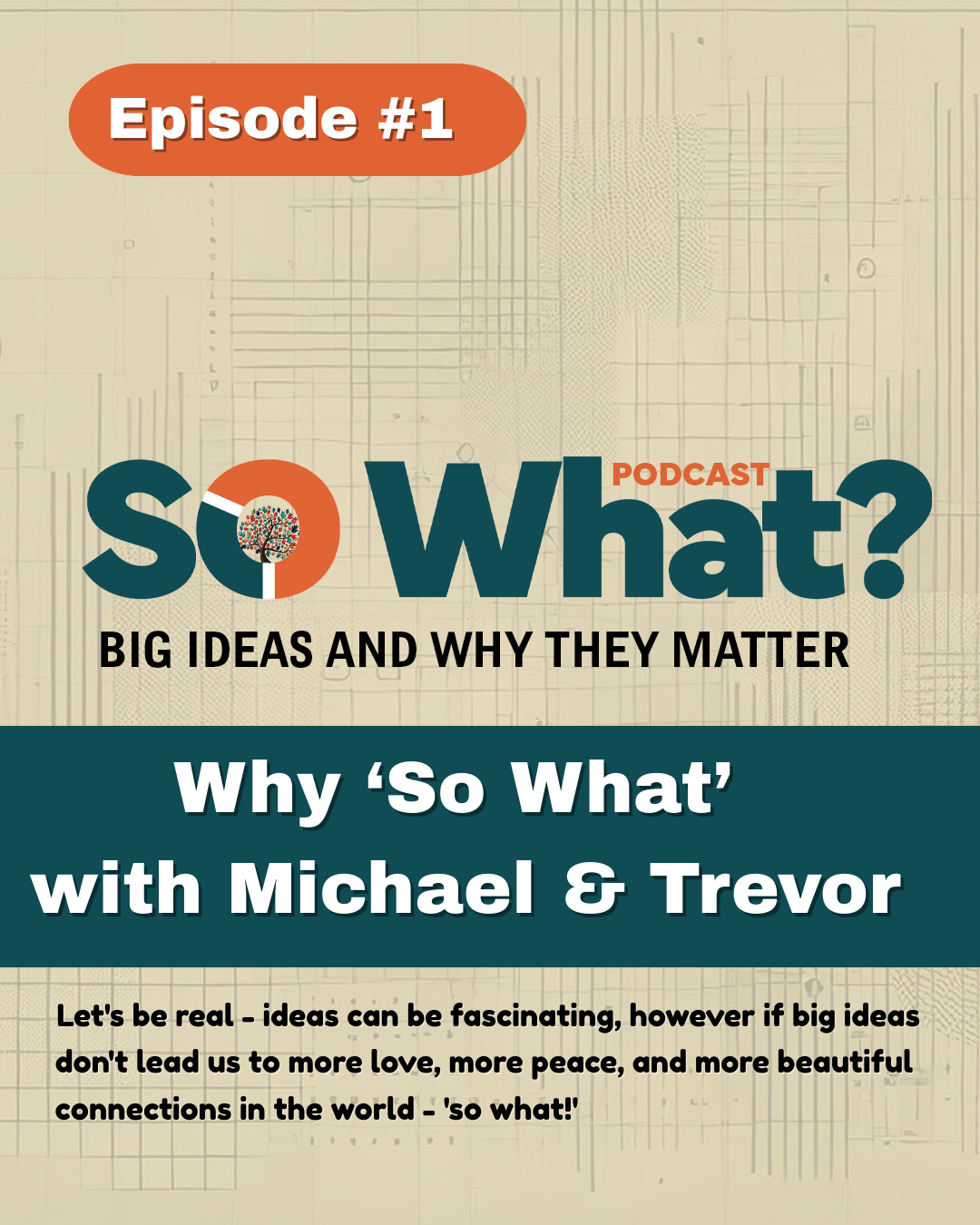The fella meant well. I’m sure of it. He expressed his annoyance with folks who are expressing their pain from the many kinds of losses associated with religious deconstruction. In this case, folks who have found themselves at odds with their church, family and friends as they advocate for 2SLGBTQ+ folks.
This person suggested that these folks need to toughen up, and they have no right to feel and express what they are experiencing because others, specifically those in the 2SLGBTQ+ communities, have suffered more.
Cue Helen Keller's quote above.
Of course, the pain and loss that our 2SLGBTQ+ siblings experience are incredibly painful. The deep losses and trauma experienced by many in this community can be and are often severe - especially in Church. This pain of loss is genuine and is worthy of care and compassion.
Grief is the pain of loss.
Notwithstanding, many folks who are in the throes of religious deconstruction and those who have chosen to give voice to their support to our 2SLGBTQ+ siblings often experience significant backlash that is quick, hostile and with a variety of consequences. These can be very painful experiences of loss. The pain of these losses is genuine and is worthy of care and compassion.
Friends, the pain of loss experienced by folks deconstructing and their ally-ship doesn’t diminish the brutal and traumatic losses of 2SLGBTQ+ individuals. Legitimate Grief is not a finite commodity, nor should our compassion for all those who grieve.
“Grief is the normal and natural emotional response to loss of any kind.”
- Grief Recovery Institute
Grief is not a contest. Grief is hard. We experience grief at 100%. The emotional intensity can differ depending on the length* of the relationship, the intensity of the relationship and our individual uniqueness, and the uniqueness of the relationship to the loss. Our grief experience is unique because we are unique.
When we make grief a contest, we inadvertently diminish our own and others’ legitimate experience of loss. We communicate that our/others' pain is something less than another, which often results in the burying of that grief, by-passing it intellectually without ever having the opportunity to acknowledge it and work through the pain of loss. When we compare loss / Grief shame, the grief doesn’t go away - rather, people still suffer - alone.
Grief is cumulative - what we don’t deal with combines with other unacknowledged and unresolved grief, and it can affect us in a variety of ways, including anger, bitterness, depression, and relational difficulties, to name a few. Sometimes the pain of unresolved grief can manifest as grief shaming of others. (I suspect the fella above was probably expressing his own grief in the form of annoyance with others who grieve.)
There are a lot of people experiencing grief in the world - this pain is genuine and experienced fully by those who are experiencing it. The response to grief is love. To acknowledge their grief experiences, be kind, and extend compassion and care. Likewise, extending the same Love to ourselves as we acknowledge and begin to work through our own losses.
Grief is hard, not a contest.
(*the one exception to duration is the loss of an unborn child.)












Share this post